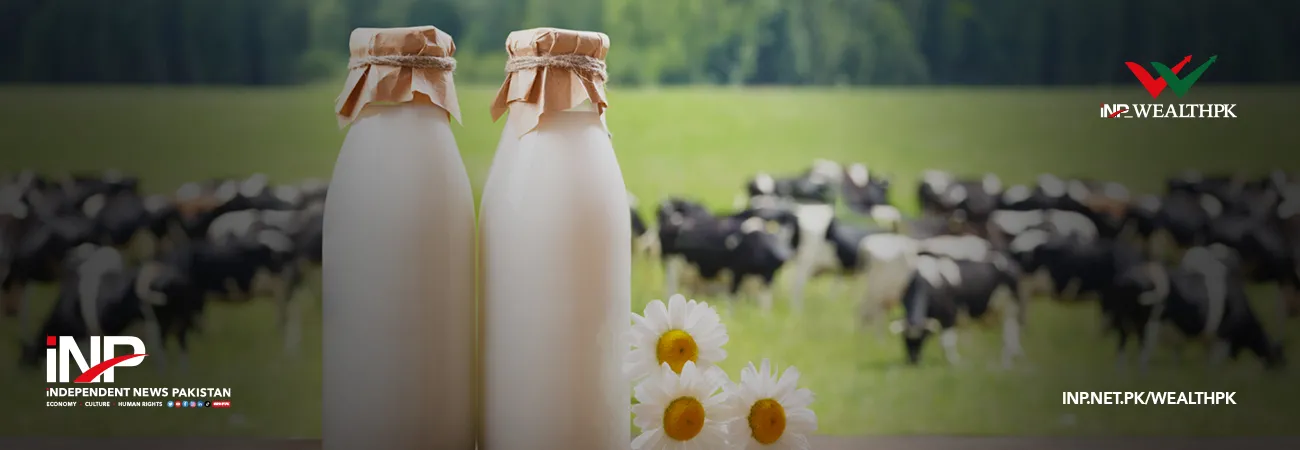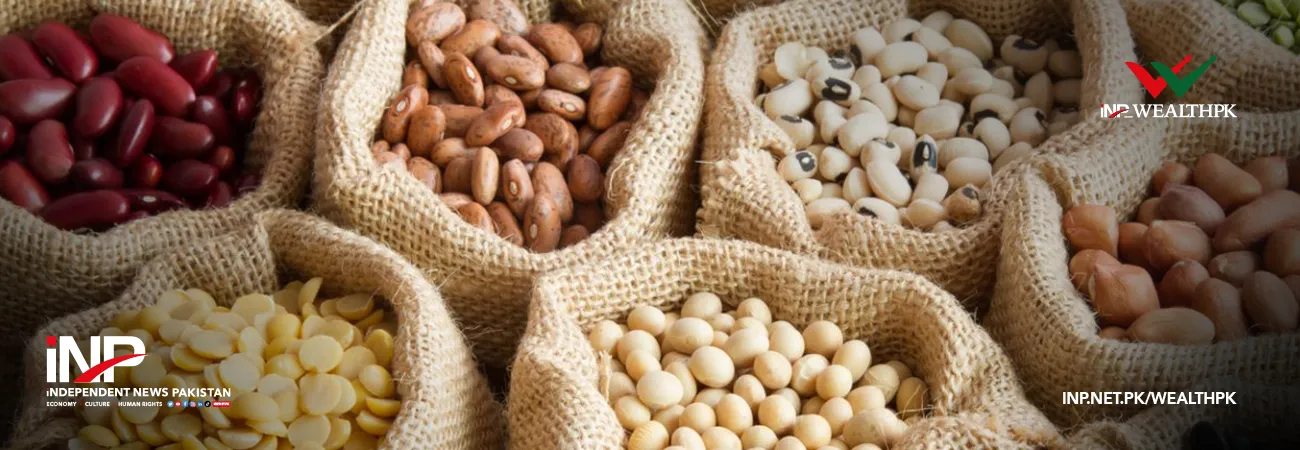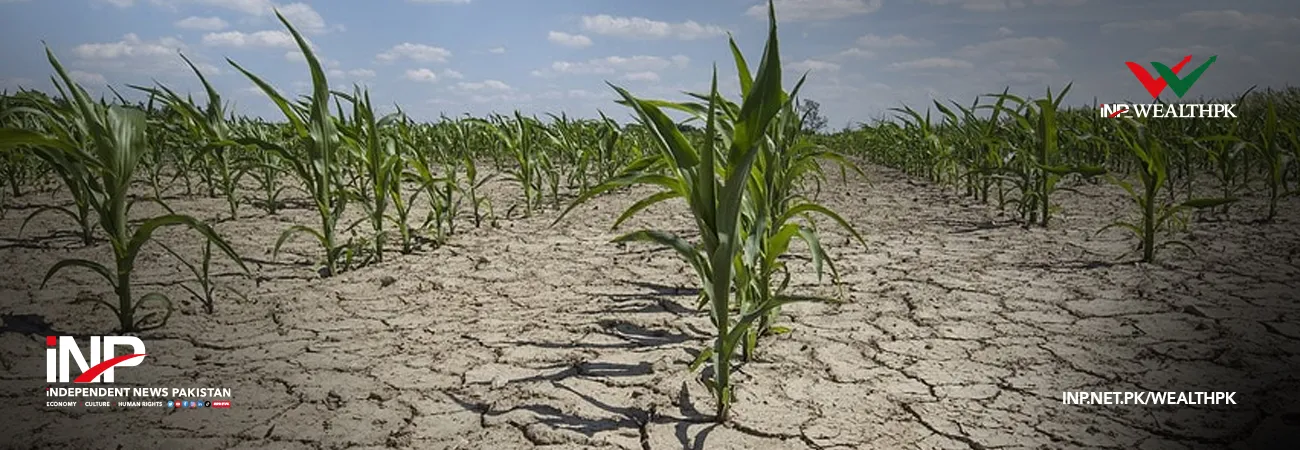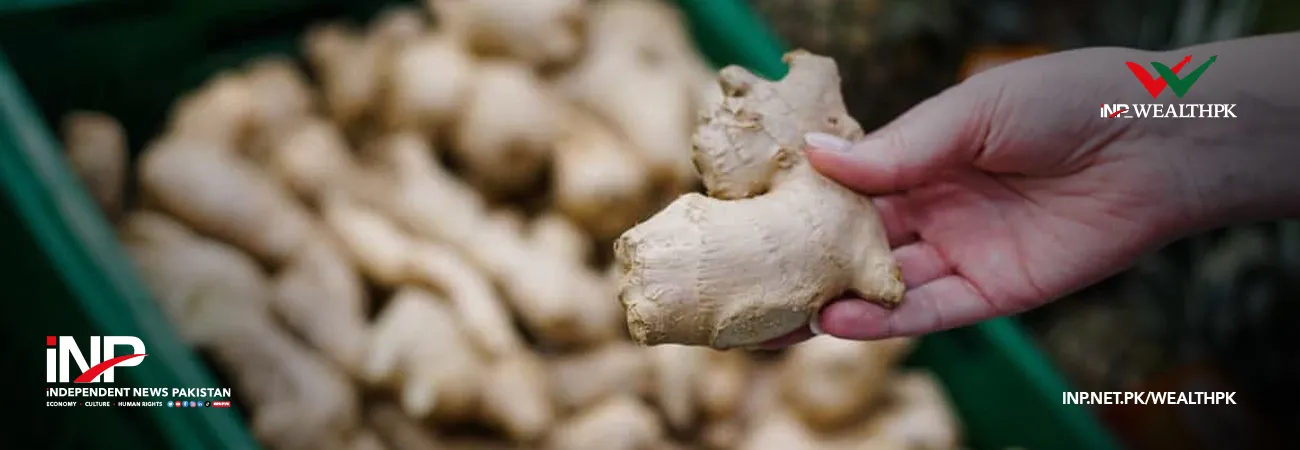INP-WealthPk
Muhammad Saleem
Milk consumption is increasing with every passing day in Pakistan, requiring concerted efforts to boost its production in order to adequately meet the demand. Dr. Malik, an agricultural economist, told WealthPK that we need to adopt high-yielding breeds to increase milk production, as it is one of the most effective ways. Through breeding programs and artificial insemination, we can accomplish this task, which will undoubtedly help to broaden the genetic diversity among local herds. Moreover, he emphasized the importance of training our farmers to embrace modern technologies, a recipe for success in modern agriculture. This will undoubtedly help them nurture their livestock efficiently. He said we need to realize that collaboration among stakeholders is essential.
He suggested that efforts must be made to bring government departments and private organizations under the same roof so that they can work together effectively. In the current circumstances, he asserted that public-private partnerships are crucial for the development of the livestock sector, a win-win situation for all involved. We need programs for dairy development with a focus on sustainability and productivity. To enhance efficiency, he advocated for investing in research and development to explore innovative practices, he added. Bilal Ahmed, a veterinary expert, said by mixing local breeds that can resist local diseases and tough conditions with exotic breeds that produce more, farmers can create a new breed. This new breed will have the best traits of both parents.
It will be stronger and produce more, which will help farmers a lot. He said we need animals that are not only productive but also resilient to local conditions. He emphasized the importance of empowering farmers through education about these practices. Besides, he said we need to ensure they have access to the necessary resources. Shedding light on the importance of veterinary services to increase milk yield, he said without effective veterinary care, livestock farmers cannot maintain animals’ health. Regular check-ups and vaccinations are essential to prevent diseases, leading to lower milk production. Ahmed also stressed the need for launching training programs for farmers on animal health management so they can avoid their losses and identify issues promptly.
By ensuring a comprehensive package of financial support, improved feeding techniques, infrastructure, breeding practices, efficient veterinary services, and hassle-free market access, farmers can help significantly boost milk production, he claimed. He asserted that without adopting a multi-faceted approach, we cannot ensure the health of our animals for milk and meat production. Dr. Malik said that we have to improve feeding practices, which will help boost milk production. He pointed out that many farmers are fighting an uphill battle to access quality feed. It is the responsibility of policymakers to promote balanced rations and invest in fodder crops like alfalfa and maize. He said animals need proper nutrition year-round and only quality feed can ensure this.
However, our farmers are still stuck in the past, clinging to traditional feeding techniques. He said farmers need proper training to learn about effective feeding techniques. Bilal Ahmed said that he frequently visits cattle-pens to treat ailing animals, recognizing the harsh reality that many farmers have to compromise the health of their animals due to financial constraints. He urged the government to give small dairy farmers interest-free loans so that they can invest in animal health, high-yielding breeds, and quality feed. Besides, he said the government should start insurance programs to protect livestock sector farmers from losing animals due to diseases or natural disasters.
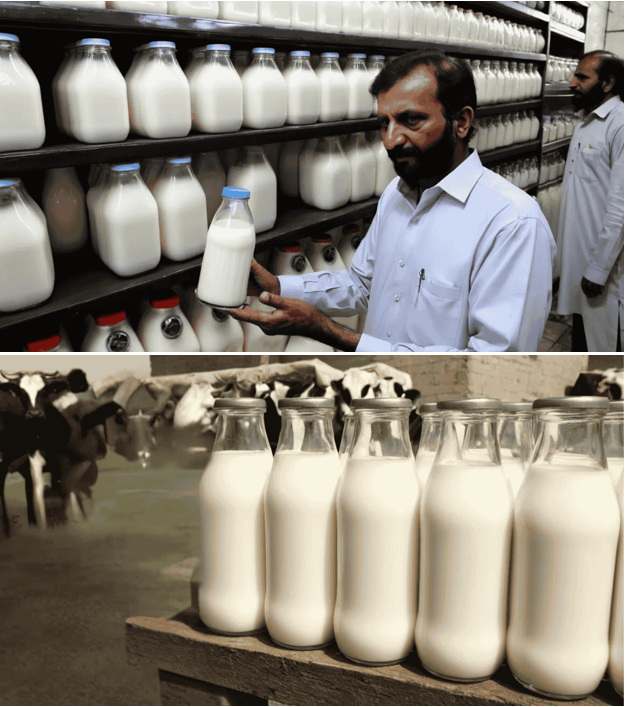
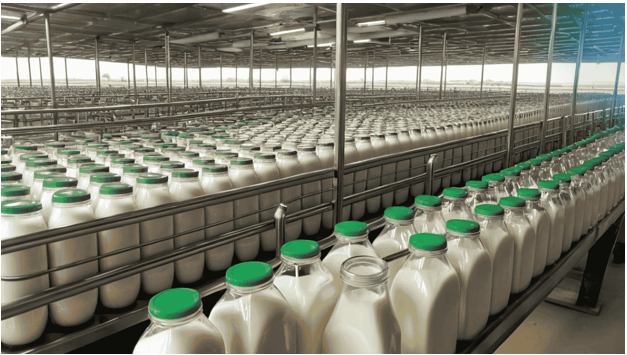
Credit: INP-WealthPk



